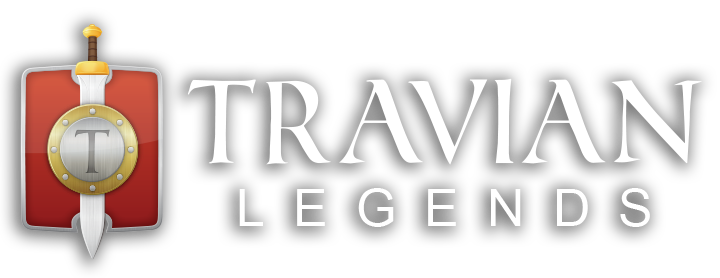The upcoming Travian gives the option to found empires in which a king controls the fate of the state and supervises the military, while their governors take care of the economic development in the villages. With this, Travian has taken a close look at history, as the former German principalities and kingdoms developed out of Teutonic tribal societies.

During Roman times, Teuton kings used to be elected: In cases of military conflict, some tribes elected a general, a so-called “Heerkönig” (literal: army king; today best described as a warlord). Other tribes elected “kings” to smooth down differences and whose main task was to honor the Gods.
For tasks of such importance, only the most-respected members of the tribe were selected. Usually distinguished leaders, who have proven themselves in battle, who were considered to be very wise, or who have visibly been blessed by the Gods, were elected to be kings. A large entourage accompanying them to the electoral meeting, generosity (and the means to be generous), as well as eloquence tended to all work in favor of an ambitious candidate.
Over the course of the migration of the peoples, kingship did however changed from being an electoral exercise to becoming a hereditary office: Descent from royalty now formed the basis of the legitimation of authority. One no longer became king by achieving the loyalty of the people, but due to consanguinity, belonging to a more “noble” lineage. Kingship was now passed on from father to son.
The adoption of Christianity by the Teutons also meant a more prominent role for religion. Earlier Germanic leaders needed to prove their qualification to become king through deeds and their presence. Their entitlement now was based on the godly order and supported by the church. Aristocratic rule was thus authorized by an even greater power. Questioning this order not only led to punishments in this life, but would also carry consequences in the afterlife.



dats a good historical article. i like it.
i wanna be a king!
I like too, before I think this was only a system, but now know is a part of Travian history too, or some think as it
Oh.. my english is very poor, sorry.
Here I am, waiting the open beta day after day xD
Thanks!
Tiago Santissimo – br player
Hi Thiago,
well your English isn’t as bad as you might think 🙂
I understood what you said and that’s the main point 😉
Btw. i’m still waiting for the open beta, too.
Kind regards,
Andi
Hi Laker’s Fan,
same here 🙂 Would you be a good or a bad king? 🙂
Kind regards,
Andi
А как получить ключ для игры?